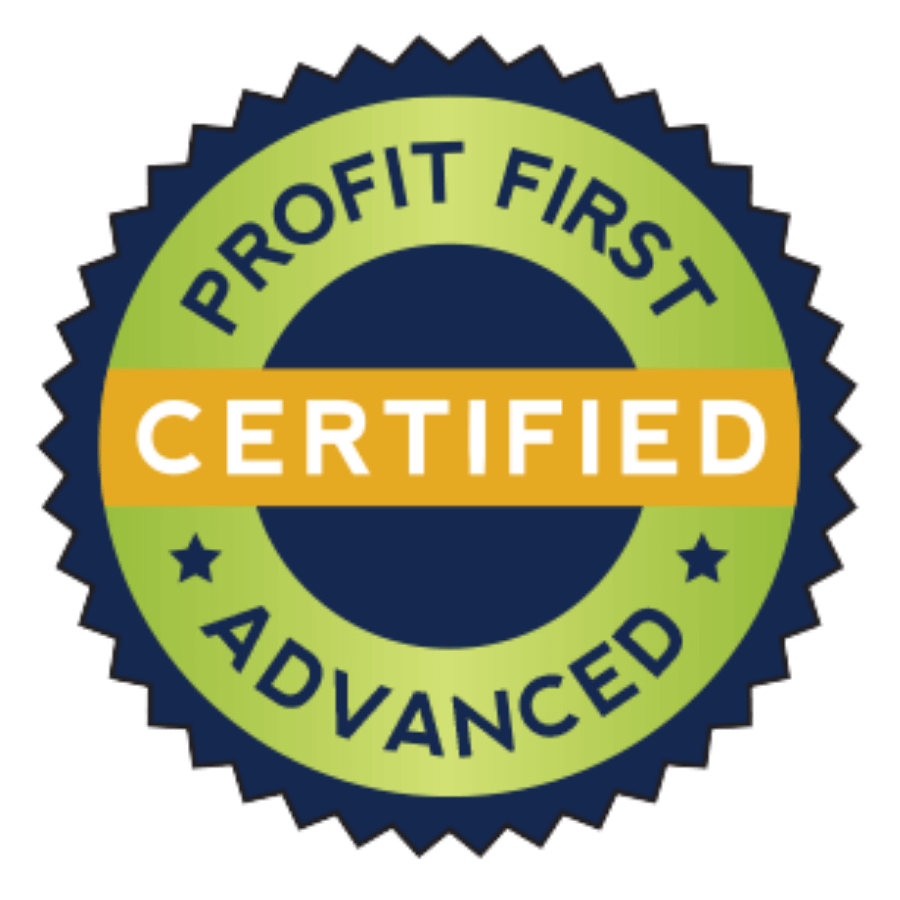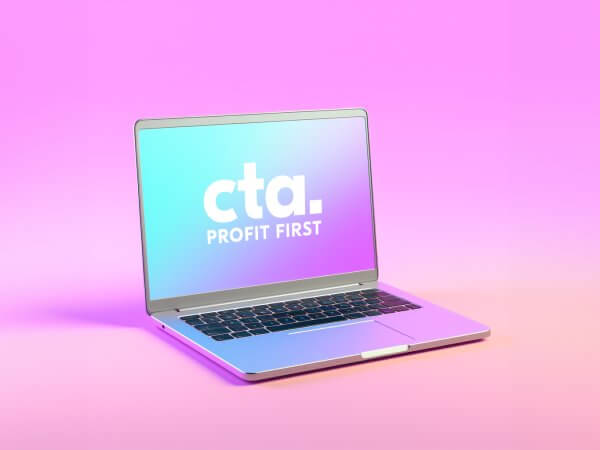The Busy Fool System – Part 1 – The Mortgage Problem
Jump to:

The Busy Fool System – Part 1 – The Mortgage Problem
This section (of the Entrepreneurial Freedom System Book) is not for the answers, it’s about defining the problems and pain points. This is a system for what most business owners are doing but actually acts as a guide of what not to do!
Before we delve into the actual 9 steps in the EFS System, I want to help you get clarity on what is wrong with the way most business owners currently run their business. You may not be doing all of this, or you may have outgrown some of these problems, If that is the case, I am certain that it will act as a handy reminder of what not to do. If you are a new business owner, this guide may save you years of doing the wrong things and £000’s in wasted money. If you are an existing business owner and new to self-development, this may be a rude awakening!
I use the phrase ‘Busy Fool’ as that is what the vast majority of business owners are. It may be harsh, yet it is true. A busy fool in my world is someone who is super busy, doing the WRONG THINGS. This is akin to climbing a very tall ladder, and later discovering it’s on the wrong wall. We can all be busy and achieve little. This is actually the problem with productivity and time hacks. Whether it’s GTD system, the Time Matrix system by Stephen Covey or a simple to-do list, we can be focused on the wrong things. What you spend your time on can be more powerful than how you spend your time. Busy fools in business are constantly working ‘in their business’ and not ‘on it’. I’m sure you’ve heard this expression before, yet common sense is not common practice. I was at a local business owners meeting recently and someone from the group said to me after that he ‘knows all of this’. I said, “Oh right, really. What I’ve learned is that it’s not what I know, It’s what I DO”. His face was painted a thousand words in recognition of this fact. We all know how to live a super healthy lifestyle and what will give us a lean and muscular physique. Eat the right foods and exercise. Yet, how many of us actually do this?
I want you to take this perspective with your business when reading on and going on a journey with me, one where you can free yourself up as an entrepreneur.
Chapter 1 – The Mortgage Problem
One of the biggest problems with your entrepreneurial success is overcoming this first hurdle. We underestimate what we are capable of from day 1. Context is king, and unfortunately, our context before going it alone is based on our career as an employee. Just take a step back and think about this for a second. As an accountant and business coach, I have seen this over and over again. The vast majority of business owners in the UK are not really business owners, they don’t deserve to be called an entrepreneur as they are basically just self-employed. I’m not taking anything away from what they have done, leaving a job to go it alone is taking a risk. The problem I have with this is that you have quit one job working for someone else and start working for yourself. You have just quit one job for another!
The hope is that there is a pot of gold at the other end of the rainbow making it all worthwhile. The real challenge is the low expectations that people have of themselves at the start, often failing to grow into a pursuit that is truly worthwhile of their talents. I call this the Mortgage Problem. You can be renting for all I care but the point is that the financial goals in your ‘business’ are generally to earn what you earned before (maybe a bit more if you are brave) and your whole business plan, which is often in your head and not on paper, is to essentially carry on paying your mortgage, feed the family and maybe build up some extra pocket money.
Abundance versus Scarcity
This means that the majority of business owners start their new venture with a scarcity mindset. A scarcity mindset often contrasted with an abundance mindset, refers to a belief or attitude that there’s a limited amount of resources, opportunities, or successes available. This perspective can manifest in various aspects of life, including finances, relationships, business, and personal growth. People with a scarcity mindset might think, feel, or believe the following:
Resources are Limited: They may believe there’s not enough to go around, whether it’s money, jobs, partners, or other resources.
Zero-Sum Thinking: They might view success or resources as a zero-sum game, meaning if someone else wins or acquires something, they lose. For instance, if a colleague gets promoted, someone with a scarcity mindset might feel that they’ve missed their own chance for advancement.
Fear of Missing Out (FOMO): This can lead to decisions made out of fear rather than careful consideration or optimism.
Comparison with Others: They might constantly compare themselves to others, feeling either inferior or superior based on perceived scarcity or abundance in their own lives.
Resistance to Sharing: Believing resources are limited might make someone less willing to share, whether it’s knowledge, money, or opportunities.
Focus on Short-Term Gains: A scarcity mindset might lead to prioritizing immediate needs or benefits over long-term growth or goals.
On the other hand, an abundance mindset suggests that there are plenty of resources, opportunities, and successes to go around. Those with an abundance mindset are more likely to believe that they can create opportunities, collaborate with others, and share resources without jeopardizing their own success.
It’s worth noting that scarcity is a real concern in certain situations and contexts, particularly when dealing with tangible resources. However, the scarcity mindset pertains more to how people perceive and react to the idea of limitation, rather than the actual limitations themselves. Recognising and shifting from a scarcity to an abundance mindset can open up new opportunities and lead to more positive life outcomes.
Having an abundant mindset is key to how your business grows. The fear of there not being enough money out there for ‘me’ as a business owner creates negative energy and does not serve me to take positive and tangible action to build a business.
Personal Income
The big problem at the start or even later on for business owners who have not yet outgrown this stage is that you see all of the money that comes in and goes out of the business as your personal finances. Every monthly £100 subscription that goes out, feels like it’s less food in the shopping basket for the family. The idea of hiring a new team member to help you is crazy as that means they would get some of the money instead of you!
Equally when £1,000 hits your bank account, you think this is all your money. If you are the business and are playing it ‘small’, then every pound in and out is counted for. In fact, you probably treat the ‘business’ account as your own account! We see this time and time again, where the personal expenditure of the business owner is mixed in with genuine business transactions and it completely muddies the water. The same business owners wonder why they are not on top of their finances! They end up having a drip of constant personal payments come out of the ‘business’ account that it’s hard to identify what the actual business transactions are and also what they are even paying themselves. Even worse, I see many business owners living like this unwilling to get a good accountant or help from a bookkeeper as they are too scared to unravel the mess and get it sorted once and all. The lack of accountability around the business account management becomes a bigger problem as the business grows its revenue. In some cases, this leads to the business owner going over the VAT limit without realising and having to pay backdated VAT and also not operating through the appropriate business structure (such as a limited company) and therefore paying more tax than is necessary.












